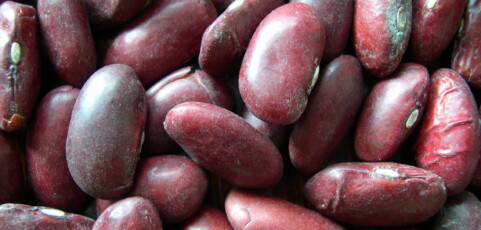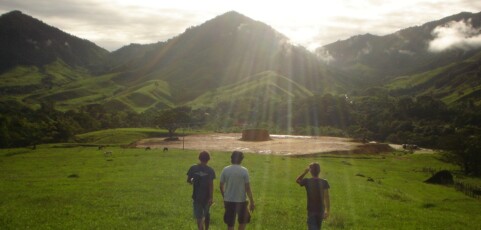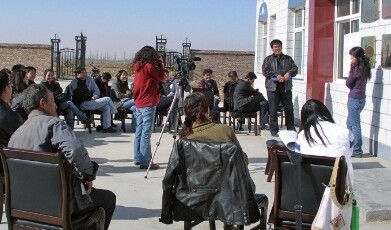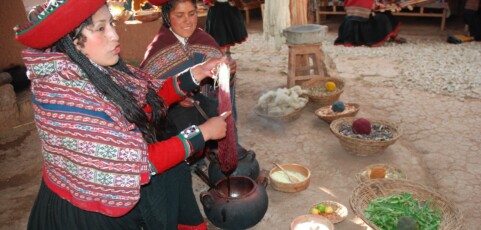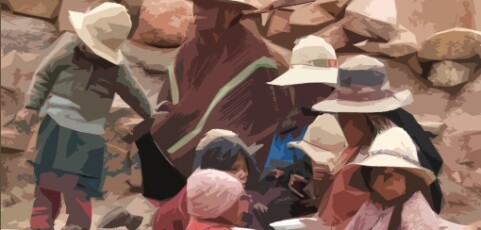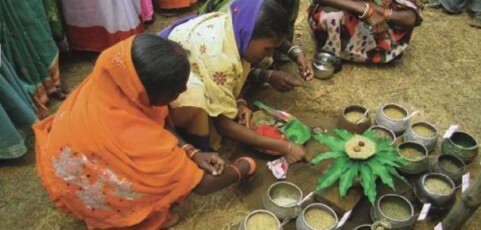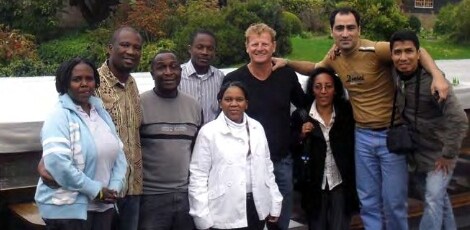In Latin America agroecology has been transformed into the fundamental scientific base for the development of farming systems that conserve natural resources, increase security and, at the same time, the social and cultural empowerment of farmers. One of the key challenges in promoting rural development alternatives is to evaluate whether these strategies actually move their communities towards sustainability.
Agrotóxicos no Brasil – um guia para ação em defesa da vida
This book provides the reader with information to combat the growing use of pesticides in Brazil in recent years. It informs the reader on legislation, on programs to monitor residues in food, on how to identify, control, report and prevent cases of poisoning, and on toxicology review processes of pesticides permitted in Brazil.
Documentation capitalisation systematización: a compilation of methods and approaches
As part of ILEIA’s efforts to promote the documentation of field-based experiences, this booklet describes 18 different methods, including approaches such as participatory videos or story guides. It also presents the work of 18 projects and organisations, as online references.
Cordel do fundo solidário ; Gerando Riquezas e Saberes
In the Paraíba region several ‘rotating solidarity banks’ initiatives, each of which has developed in their own specific way, have been constructed. In this booklet these experiences were used to create a list of good practices.
Agricultura sostenible: Ideas básicas y experiencias
This little book is a example of a new understanding of agriculture and its role as an activity ecologically, economically and socially viable for rural producers. It is also an anthology that selects and synthesizes articles published in LEISA Magazine, which are always concrete experiences from the field.
Revalorización y conservación de la diversidad biocultural andina
BioAndes was a regional programme carried out in Bolivia, Ecuador and Peru with the objective of “strengthening the capacities of local actors in the sustainable management of the region’s biodiversity”. Having run for 5 years, they were interested in presenting a detailed document to the national and regional authorities. With the help of many of those directly involved in the programme, ILEIA carried out a systematisation process, and presented the results as a 100-page document.
Strengthening people-led development
A joint effort of local communities, NGOs and donors to redefine participation. Readers can find in the successful examples of participatory methods presented, a source of motivation and inspiration.
Puzzles for innovation
The writers wanted to encourage the Afghan community by showing that the development processes they are experiencing are not different to those seen elsewhere, even if the general context is particularly difficult.

